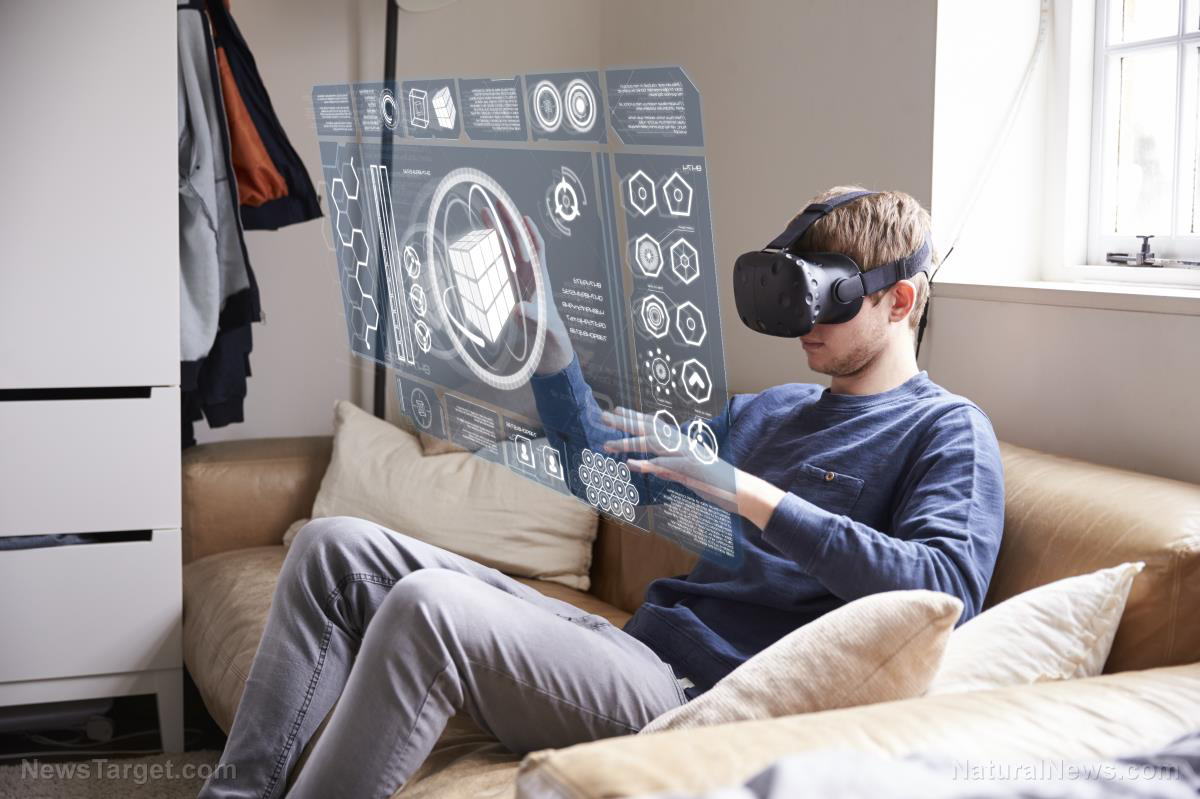Mental AND physical exercise found to be beneficial for neurodegenerative disease sufferers, even in late stages of illness
02/16/2019 / By Rita Winters

Almost everyone knows what it feels like to trip and fall. Falling is painful and damaging, especially to individuals living with Parkinson’s disease. Medical experts suggest motor rehabilitation, but this has been seen to be ineffective. Fortunately, a new study from Tel Aviv University (TAU) sheds light on how physical therapy, combined with virtual reality, lowers the incidence of falling among Parkinson’s patients.
Scientific breakthrough for neurodegeneration
The study entitled Disparate effects of training on brain activation in Parkinson disease shows us that physical exercise or motor rehabilitation may be more effective with the help of virtual reality. Involved in the study was Prof. Jeffrey Hausdorff of TAU’s Sackler School of Medicine and Tel Aviv Medical Center together with Dr. Inbal Maidan of Tel Aviv Medical Center and Dr. Anat Mirelman and Prof. Nir Giladi, both of TAU’s Sackler School of Medicine and Tel Aviv Medical Center. In a previous study, the researchers found that patients with Parkinson’s disease use cognitive function to compensate for the lack in motor function. This information led to the development of treadmill training with virtual reality.
In the virtual reality gait program, patients must avoid virtual obstacles in a virtual city or park environment. The program helped the patients learn how to deal with those hurdles, enhance planning, and train them to do two things at once. These virtual activities addressed the challenges that are often experienced by Parkinson’s patients.
There were 17 participants in the research who were divided into two groups: one which underwent treadmill training combined with virtual reality, and the other undertaking treadmill training by itself. Before conducting the experiment, the participants’ brains were scanned with magnetic resonance imaging (MRI) to note down each patient’s brain activation patterns. Then, the research participants were instructed to do one-hour exercises three times per week for six weeks.
The findings show that the group with the combined treadmill training and virtual reality program had improved motor skills, especially with the presence of obstacles (which required cognitive input). The other group showed no changes at all. This scientific breakthrough shows that motor rehabilitation may simply be more effective with cognitive conditioning (neuroplasticity) with the help of virtual reality. (Related: Soothe Parkinson’s disease with nutritional therapy, tai chi and dancing the tango.)
It’s all in the mind (and body)
Parkinson’s disease is a neurodegenerative disorder that leads to the progressive deterioration of motor function due to loss of brain cells that produce dopamine, a neurotransmitter that controls the brain’s reward and pleasure centers, physical movement regulation, and emotional responses. People with Parkinson’s have the inability to walk properly, often resulting in falls that are fatal. Other symptoms of the disease include tremors, stiffness, slowness, and an impaired balance. Some patients also experience secondary symptoms such as anxiety, depression, and dementia. Almost 60,000 Americans are diagnosed with Parkinson’s disease annually, and this does not include the thousands more that are not yet detected.
Causes of Parkinson’s disease are still unknown, but some studies show that it is possible to prevent its onset. Keeping a healthy lifestyle may result in lower risks of developing the disease. Coffee and green tea may help reduce the risk, as well as regular exercise. Both green tea and coffee have antioxidants that help control free radicals (that damage our cells over time) in the body. Exercise keeps you physically and mentally fit, factors which are vital in preventing chronic diseases that come with age.
Sources include:
Submit a correction >>
Tagged Under:
aging, alternative medicine, brain health, brain plasticity, cognitive function, mental health, natural cures, neuroplasticity, Parkinson's Disease, research, slender, treadmill training, Virtual reality, walking problems
This article may contain statements that reflect the opinion of the author
RECENT NEWS & ARTICLES
BrainNutrients.News is a fact-based public education website published by Brain Nutrients News Features, LLC.
All content copyright © 2018 by Brain Nutrients News Features, LLC.
Contact Us with Tips or Corrections
All trademarks, registered trademarks and servicemarks mentioned on this site are the property of their respective owners.





















